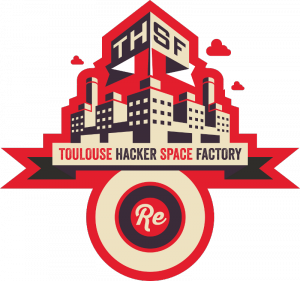French Free Software activists have been busy lately. An important bill on “Policy and planning for the rebuilding of the school of the Republic ” has been travelling back and forth between the National Assembly and the Senat. Its article 10 deals with e-learning. In paragraph 7, the version voted by the Senat (FR) and confirmed by the Cultural affairs and Education commission of the National Assembly reads that
“Such [e-learning] public service uses in priority Free Software and open document formats”.
The big drama happened on Monday and Tuesday. The bill came back to the National Assembly to be examined in plenary session.
The (socialist) government had tabled an amendment to weaken the provision (FR), yielding to proprietary software’s lobbies – according to April. Their main justification is the alleged incompatibility of the first wording with the EU competition law.
A bit of research quickly showed that the argument is flawed.
A very clear article by Carlo Piana analyses the 2010 ruling of the Italian Constitutional Court concerning this issue. Giving “more “weight” in public procurements to offers that provide Free Software and implement Open Standards” is not against competition: saying in the tender that the requested information system has to offer a set of rights (use, study, share, improve; randomly !) is completely legal. It doesn’t require a particular technical solution, nor a specific company’s offer, it just adds more general criteria to the tender specifications.
Unfortunately the government’s amendment was voted on Tuesday during the plenary session.
Interestingly enough, the French highest administrative court, le Conseil d’Etat, already took a close look at the issue concerning Free Software, public procurement and competition in 2010. The Picardie region had chosen a Free Software to equip local highschools and then issued a tender for the related implementation, maintenance and hosting services. The legality of this tender was attacked by two companies. The ruling states that since this Free Software was “acquired” for free (gratis), there was no need to issue a tender. As long as competition rules were respected for the service procurement, the region’s choices were legal.
Good to know that making Free Software the priority choice
- is already possible for public bodies
- can be added to the legislation without violating European rules
The Free Software movement has some good friends in our National Assembly, as the debates showed (FR). April is also doing a great job, providing a lot of legal and political analyses and background.
Since the National Assembly modified the draft, it has to go back to the Senate. Debates are not over (FR)!
